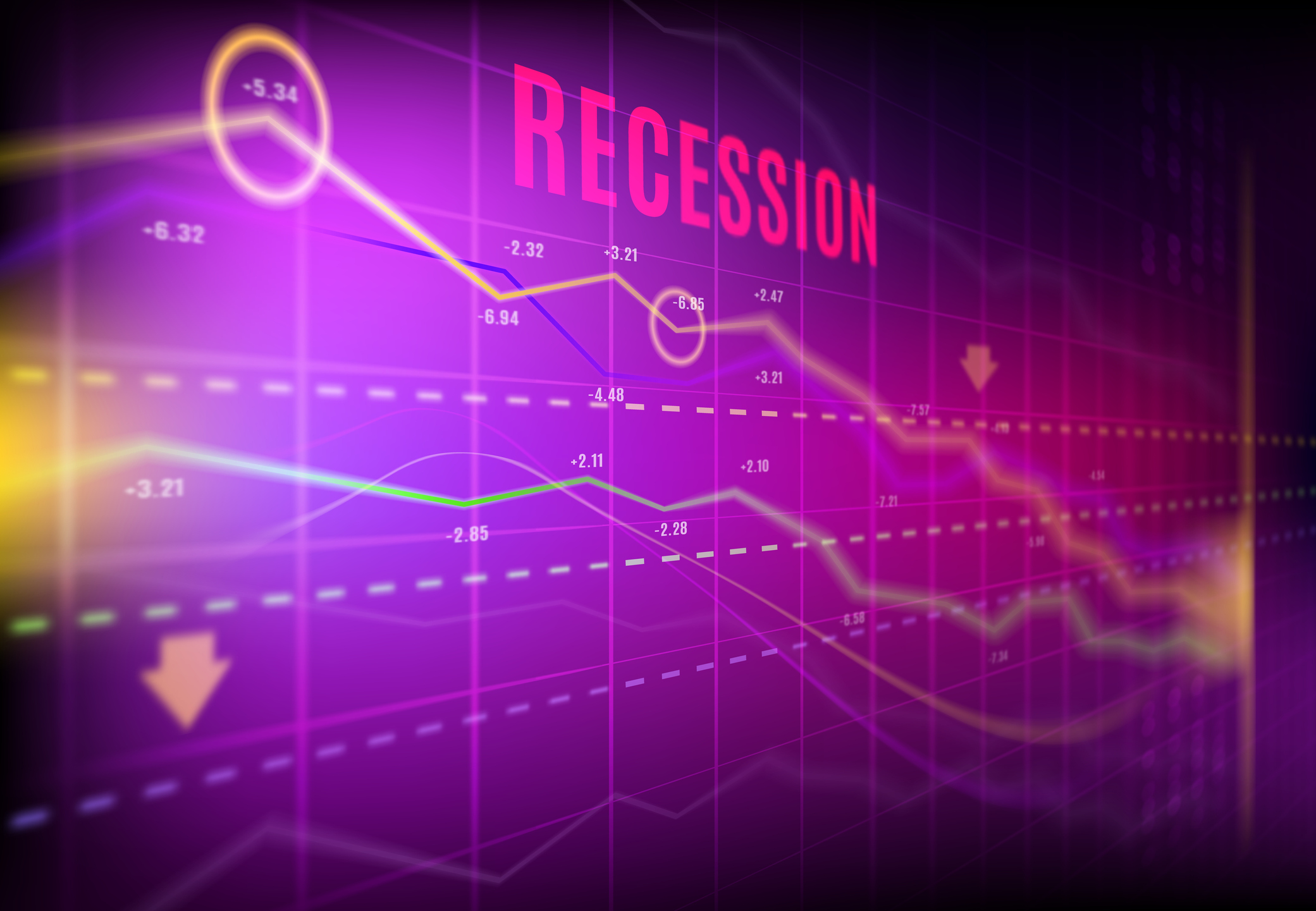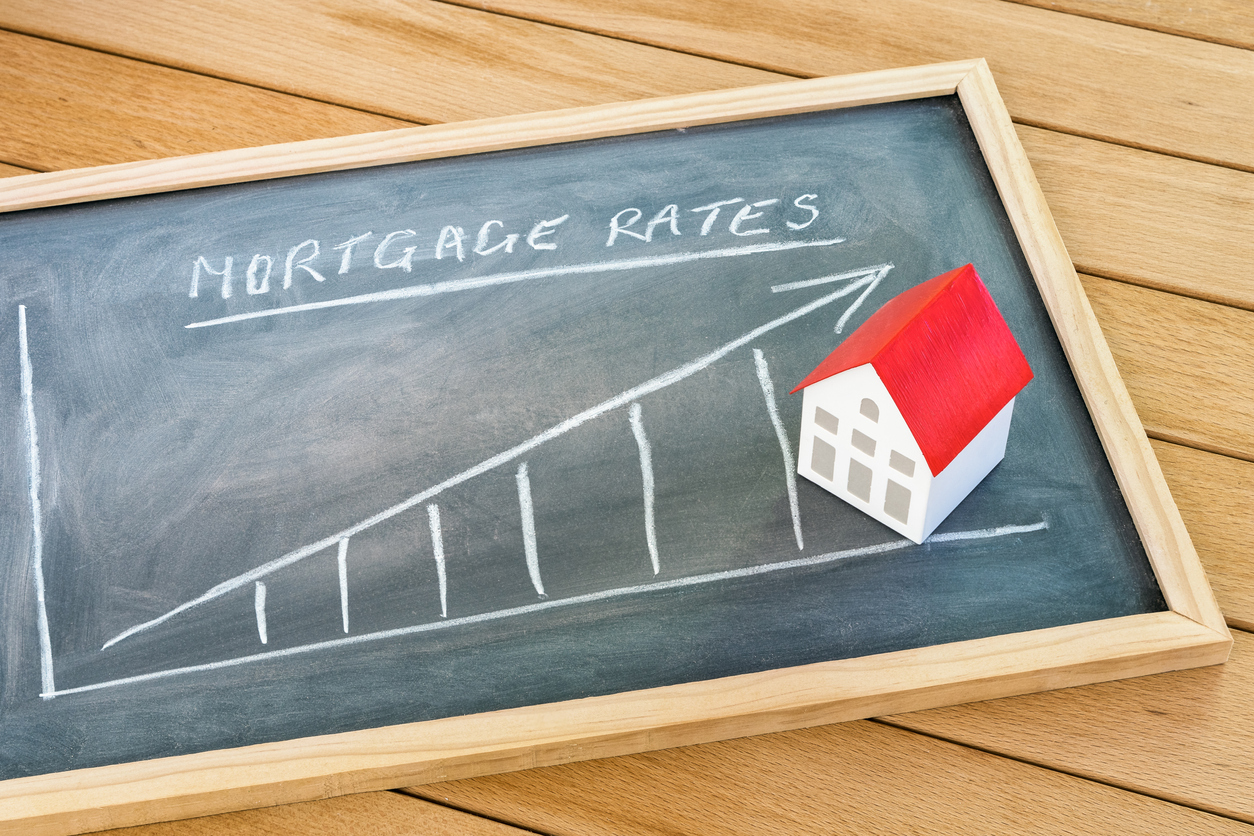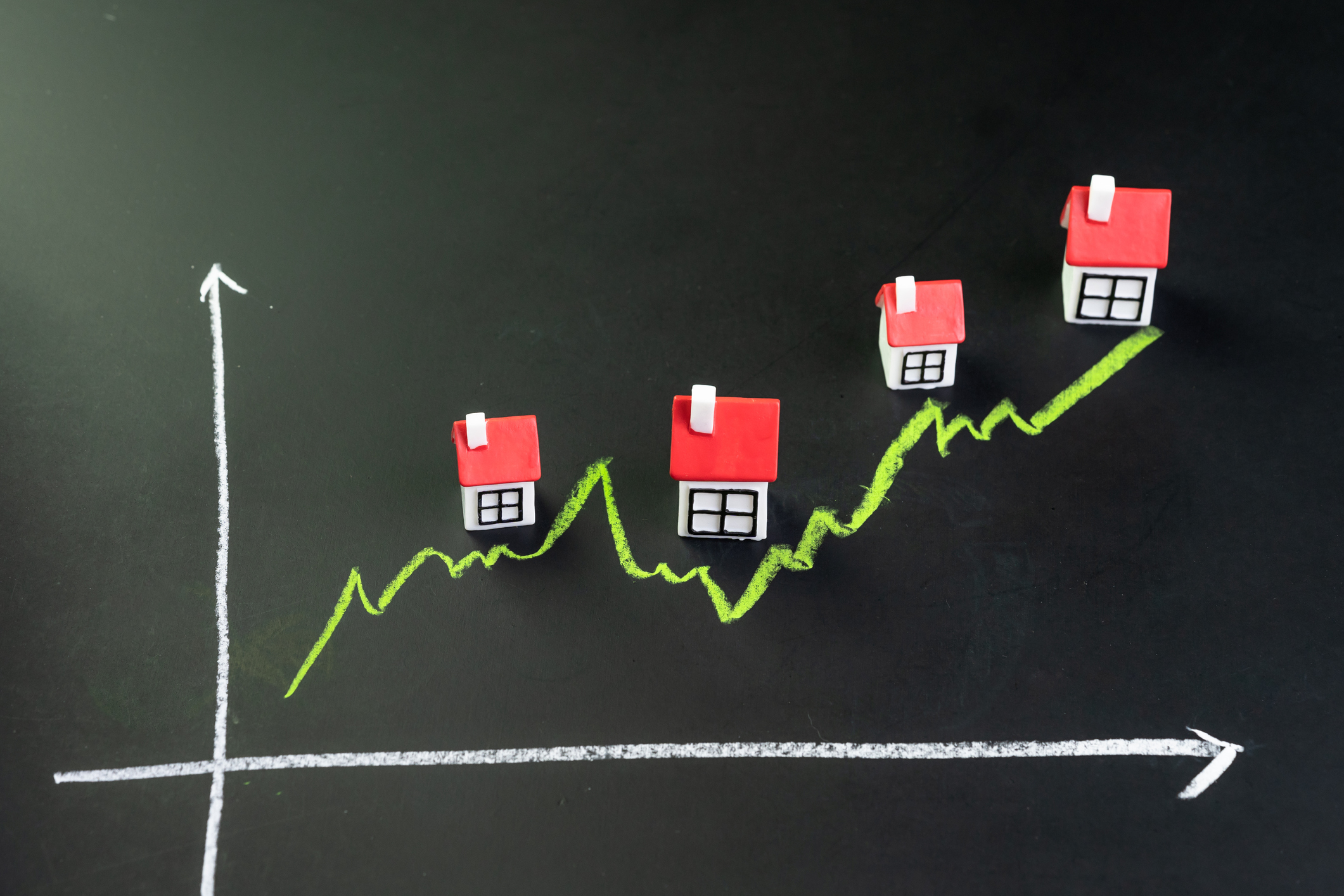The moment has arrived, the first broad sign that real estate prices have begun to soften. Redfin reports that 15% of home sellers dropped their asking prices in the one-month period ending May 1st. Is this a time for real estate investors and homeowners in general to panic? Is this the first step toward lower home prices?
We like to see rising property values. Lower values are generally regarded with the sort of horror reserved for extraterrestrial invaders. Falling prices can be an ugly sight, as we saw during the mortgage meltdown, the period from roughly 2007 to 2010 when values fell through the floor and millions of foreclosure notices were sent to nervous homeowners.
But this time around the situation is very different. The greatest damage for most property owners is likely to be bruised egos rather than massive cash losses.
Recessions and real estate values
In August 2018 ATTOM Data Solutions, RealtyTrac’s corporate parent, looked at the five recessions that took place between 1980 and 2009 and how they impacted real estate values.
- Recession #1: January 1980 – July, 1980. GDP declined 2.2%. Home Prices rose 4.5%.
- Recession #2: July 1981 – November 1982. GDP declined 2.7%. Home prices rose 1.9%.
- Recession #3: July 1990 – March 1991. GDP declined 1.4%. Home prices fell 0.9%.
- Recession #4: March 2001 – November 2001. GDP declined 0.3%. Home prices rose 4.9%.
- Recession #5: December 2007 – June 2009. GDP declined 5.1%. Home prices fell 13.9%.
Since 2009 there has been one additional recession, an economic event in a class by itself.
Normally, there must be two consecutive quarters with falling GDP to have an official recession, but what happened in 2020 was so severe that the rules were changed.
According to the National Bureau of Economic Research (NBER), “the unprecedented magnitude of the decline in employment and production, and its broad reach across the entire economy” that took place in early 2020 because of Covid was, in fact, a two-month recession.
And what happened to real estate prices in 2020? They rose 12.9% despite the micro-recession.
The great lesson is that recessions are often short-lived and not terribly destructive. Sometimes home prices actually rise during a recession. The big exception, the 2007 recession was more awful than anything seen since the 1929 depression.
What about the next recession?
It is inevitable that there will be another recession. There always is. Since a recession every so often is a fact of financial life, you want something short and mild, like the recessions in 1980 and 2001.
What we’ll actually get this time around is uncertain. Inflation in March was 8.5%, about four times more than the Federal Reserve wants to see. A big problem is that today’s steep inflation levels are being pushed by factors beyond our control.
There is nothing the Fed can do to stop the war in Ukraine or the higher food prices worldwide that conflict is likely to produce later this year. The Fed cannot drill for oil and resolve the problem of soaring gas prices. Also, the Fed cannot end supply-chain issues in China where the fight against Covid has closed whole cities.
Lastly, we don’t know what will happen with the Covid virus. It’s a wild card. Will some strange new variant emerge that again shuts down the economy and overwhelms the healthcare system? Or, will a one-and-done vaccine finally emerge? Will Covid just dissipate? Only time will tell.
Real estate strengths
As we move toward recession the very good news is that the housing sector is well-prepared for tough times. Unlike the 2007 recession, we have built up our defenses.
Banks. Despite great financial turmoil there were a total of eight bank failures in 2019 and 2020 and none in 2021. This compares with 159 in 2010. FDIC-insured institutions had a net income of $279.1 billion in 2021, up $132.0 billion (89.7%) from 2020. Bank deposits have risen $5.4 trillion since 2019, meaning that many households have stashed away significant reserves and are well-positioned to ride out a downturn.
Mortgages. The 2010 Dodd-Frank regulations removed much of the risk from the mortgage financing system. You cannot get a residential mortgage unless the lender verifies the ability of the borrower to repay the debt. Few loans have prepayment penalties or balloon notes. Toxic loan formats – such as option ARMs – no longer dominate the marketplace.
Affordability. The combination of double-digit home value increases and quickly-rising mortgage rates have made affordability a problem for millions of potential buyers. That said, prices continue to rise because large numbers of qualified buyers remain in the marketplace.
Inventory. A central reason for higher home prices is that while there are lots of buyers there are relatively few homes available for purchase. Realtor.com says the April inventory level was 66.8% below the level seen in 2019.
Borrower equity. The longer you’ve owned your home, the more equity you likely have. Residential real estate equity is up $7.6 trillion since 2019 according to the Federal Reserve. Prices rose 7.8% in 2019, 12.9% in 2020, and 15.4% in 2021. A home priced at $300,000 in 2018 is today likely worth more than $420,000.
Price erosion. Since most owners will not be selling or refinancing, the practical impact if real estate values widely fall will be less bragging and a smaller net worth. However, few owners will be foreclosed if times get tough. All but the most recent owners with financial troubles will have enough equity to sell, pay off their mortgage, and leave closing with a check.
The benefit of fixed rates. “Most loans outstanding today carry fixed-rates,” said Rick Sharga, RealtyTrac’s Executive Vice President. “Those with fixed-rates will see no increase in monthly costs for principal and interest whether rates rise or fall. And if rates do fall, owners may then consider refinancing to capture even lower monthly costs.”
GDP downturns are part of the normal course of economic events, so recessions are to be expected. That said, let us hope that what is to come is short, gentle, and at least preserves most of the real estate equity generated during the past few years. It’s happened that way in the past and with luck it can happen again.



